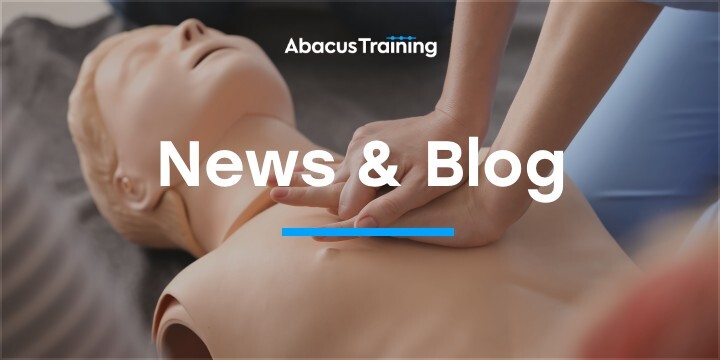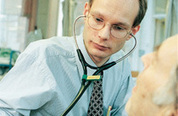See on Scoop.it – First Aid Training
Pacemakers
Your heart’s sinus node sends an electrical impulse to make your heart beat.
You may need to have an artificial pacemaker fitted if:
you have a particular type of heart block – a delay in the electrical conduction through the heart that can make the heart beat too slowly your heart beats too fast, which is not effectively controlled by medication you have heart failure, which may cause your heart to pump out of synch.
Having a pacemaker can greatly improve your quality of life and for some people it can be life saving.
Most pacemakers are very reliable and comfortable. They’re smaller than an average matchbox and weigh about 20 to 50 grams. A pacemaker sits just under your collar bone and will have one or more leads which are placed into your heart through a vein. Pacemakers used to be much bigger, you can read how we helped change that in our heart health timeline.
A pacemaker has a pulse generator – a battery powered electronic circuit – and one or more electrode leads:
pacemakers with one lead are called single chamber pacemakers, pacemakers with with two leads are called dual chamber pacemakers, pacemakers with three leads are called biventricular pacemakers.
Your doctor will discuss which is the most suitable type of pacemaker for you and this will depend on the reasons why you need to have one.
How do they work?
The job of a pacemaker is to artificially take over the role of your heart’s natural pacemaker, the sinus node. Electrical impulses are sent by the pacemaker to stimulate your heart to contract and produce a heartbeat. Most pacemakers work just when they’re needed – on demand. Some pacemakers send out impulses all of the time – this is called fixed rate.
Pacemakers do not give your heart an electrical shock.
How are pacemakers fitted?
Pacemakers are fitted under a local anaesthetic with sedation, so you’ll feel very sleepy. After the pacemaker is fitted, you’ll usually stay overnight in hospital and your pacemaker will be checked thoroughly before you leave. Serious complications from pacemakers are very unusual.
How quickly will I recover?
It’s normal to feel tired for a few days afterwards, but most people find that they are able to get back to their normal lifestyle fairly quickly. You’re not allowed to drive a car for at least a week after your pacemaker is fitted.
Who can I talk to?
It’s important that you and your family understand why you’re having a pacemaker fitted and what the operation involves. It’s also important that you understand what to expect in hospital before, during and after your operation during your recovery.
It’s natural to feel worried, but it often helps to talk about your feelings with someone close to you or with a healthcare professional.
If you have any question or if anything is worrying you, talk to your doctor or call our Heart Helpline on 0300 330 3311 (you’ll be charged a local call rate).
You can also visit our Publications section to download or order our booklet Pacemakers for more information.
See on www.bhf.org.uk


